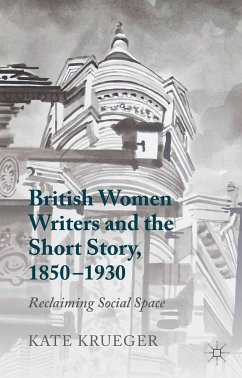Why were so many late-nineteenth-century homosexuals passionate about the Italian Renaissance? This book answers that question by showing how the Victorian coupling of criminality with self-fashioning under the sign of the Renaissance provided queer intellectuals with an enduring model of ruthlessly permissive individualism.
'The Homosexual Revival of Renaissance Style is an engaging book, in which the author handles an impressive variety of material, which spans historiography, sexology, biography and literary texts. Academics and students interested in the history of sexuality will find in it a persuasive and welcome addition to the recent scholarship on the ancient Greek roots of nineteenth-century male homoerotic writing.' - Stefano Evangelista, Ravenna
'her [Ivory's] unilateral, comparative approach brings many previously hidden lines of investigation into view...the sheer sweep of material, both mainstream and marginal, is impressive as Ivory melds literary texts and sexology with historiography and biography...[an] undoubtedly valuable work. By a fusion of cultural history with textual readings, close analysis of British and German sexology, and detailed evaluations of the roles of three key figures across genders and nationalities, Ivory consolidates the importance of the Renaissance in the queer self-fashioning of modern gender identities.' - Nick Kneale, Modern Language Notes
'her [Ivory's] unilateral, comparative approach brings many previously hidden lines of investigation into view...the sheer sweep of material, both mainstream and marginal, is impressive as Ivory melds literary texts and sexology with historiography and biography...[an] undoubtedly valuable work. By a fusion of cultural history with textual readings, close analysis of British and German sexology, and detailed evaluations of the roles of three key figures across genders and nationalities, Ivory consolidates the importance of the Renaissance in the queer self-fashioning of modern gender identities.' - Nick Kneale, Modern Language Notes








